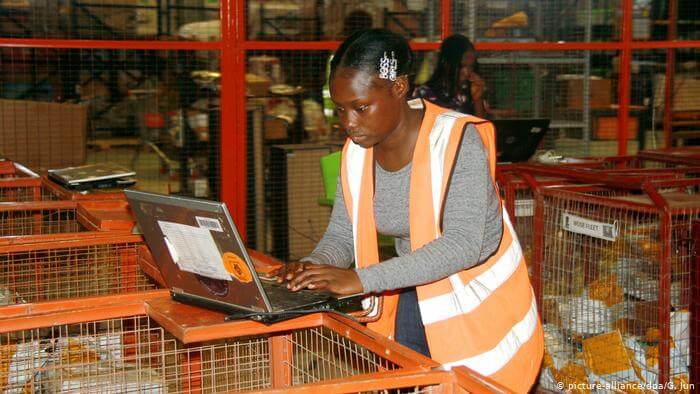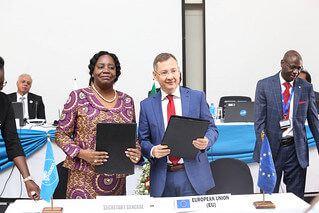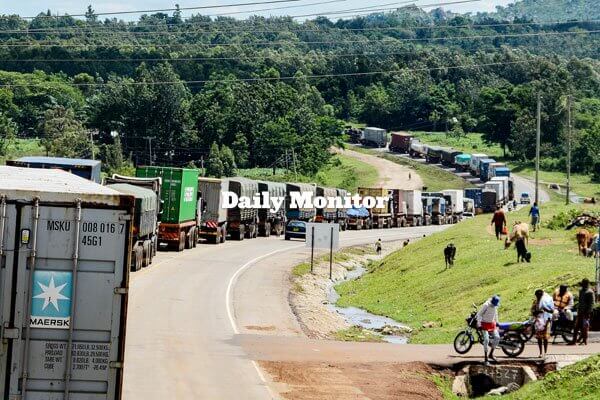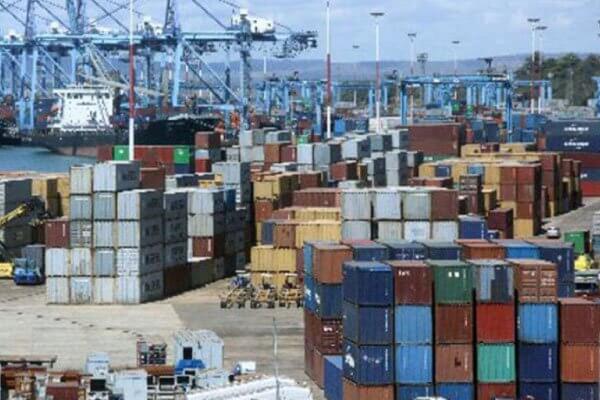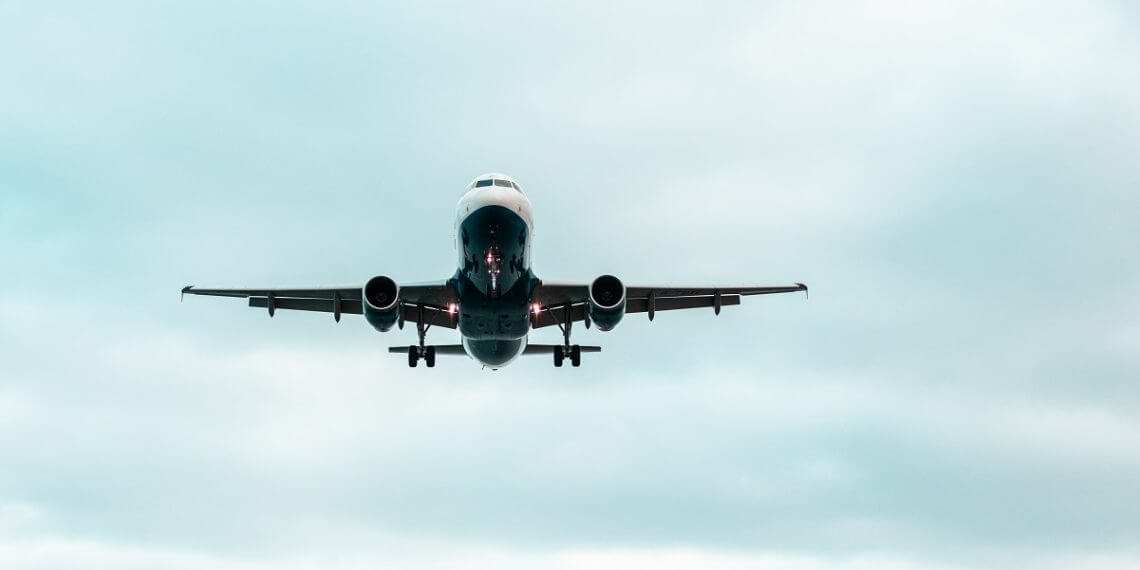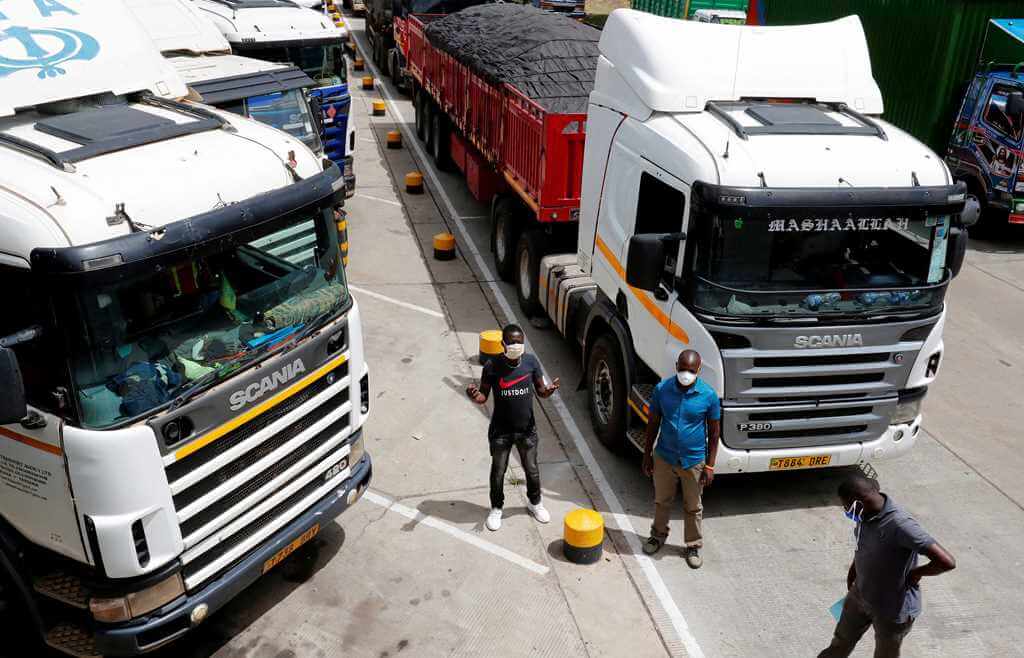Shamim Sserunjogi and her brother Moses were forced to become digital entrepreneurs when COVID-19 restrictions in Uganda forced everyone to remain at home. "He had a motorcycle, I had a plan. That's how we started," 32-year-old Shamim told DW. Before the COVID-19 pandemic, Shamim sold tilapia and Nile perch from nearby Lake Victoria. But when coronavirus lockdown measures were implemented, her clients stayed away. To keep her business running, she thought she could connect with her clients via Facebook, WhatsApp, and other online social media platforms. Shamim is now able to sell her goods with the help of her brother Moses, who makes about eight deliveries a day on his motorbike, navigating Kampala city traffic. Her new business model was so successful, it even brought her more clients than she had before the pandemic hit the east African nation. Jumia CEO Juliet Anammah (center) celebrates on the floor of the New York Stock Exchange. Jumia is the first African tech startup company to be listed on the NYSE Shamim's story resonates in many African countries. While the pandemic severely restricts people's movement, online trade is picking up fast. Small, medium, and large entrepreneurs alike are now doing business online. The Ivorian online fashion label Afrikrea told DW that orders have doubled since February, resulting in a 53% increase in turnover. Every third order includes hand-sewn protective masks. Nigerian online retailer Jumia – which has been struggling with heavy price losses since its US IPO a year ago – also reported its highest earnings in...
Coronavirus pandemic boosts online trade in Africa
Posted on: June 16, 2020
Posted on: June 16, 2020

